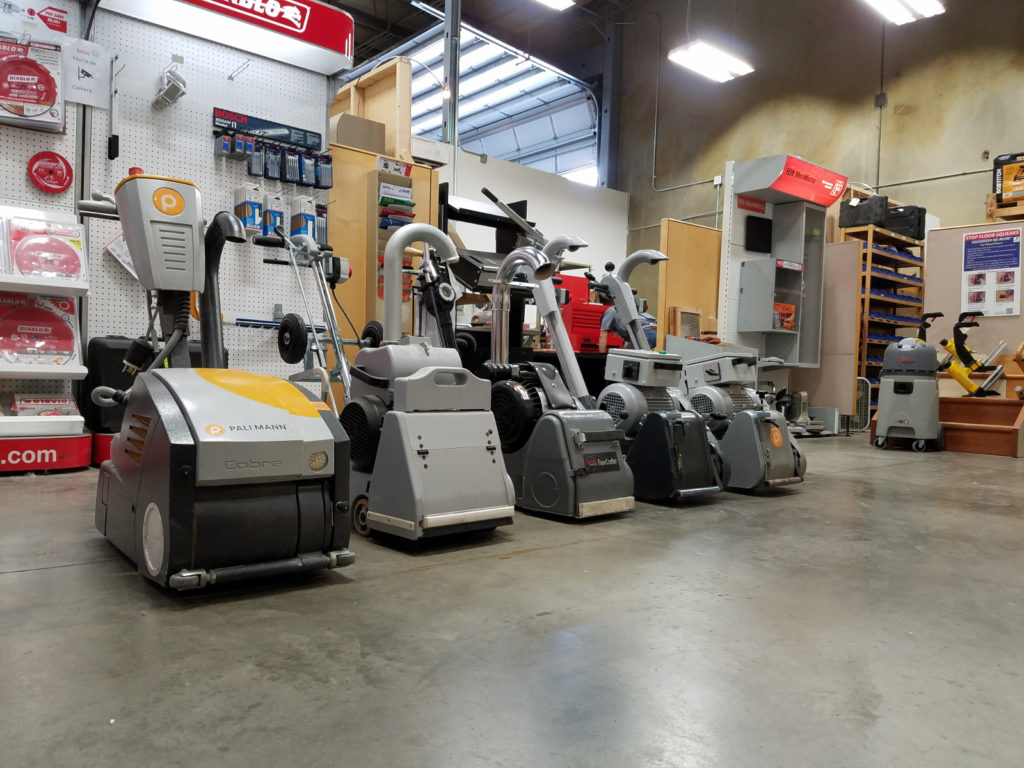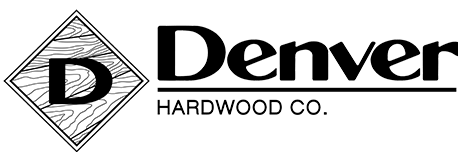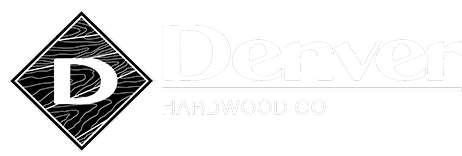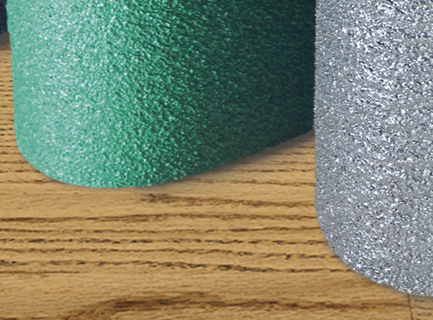April, 1 2020
By Shawn Carrier, ProShop Specialist, Denver Hardwood Co., Denver Co.
Published: hardwoodfloorsmag.com

Sanding equipment is a big investment for wood flooring installers. Protect that investment by following these tips for properly maintaining your equipment.
Owner’s manual
The
very best thing that you can do, for any of your equipment, is to read
and follow the proper way to operate the equipment and the recommended
service schedule that is outlined in your owner’s manual. Knowing how
your equipment works and how to care for it is valuable information that
can save you from costly mistakes and repairs.
Listen to your machine
I know it sounds crazy, but anyone who runs equipment every day knows what it sounds like when you are running it. Any change in sound, such as a high pitched squealing, a thumping sound, or even the sound of the motor bogging down, can mean that your machine is in need of repair. The sooner you take your equipment in to get checked can save you money by keeping something minor from turning into something major. Make sure to use a certified service center to have your equipment worked on; otherwise it may void your warranty.
Electrical
It is critical to know the voltage you are getting before you run your sander. The easiest way to determine voltage is to use a volt meter. Using your voltage meter, test the plug end that you will be plugging your machine into. In the United States, the electrical grid varies to such a degree that on a 220v outlet, you can have anywhere from 200v to 260v. Improper voltage can lead to deterioration of all electrical parts and the motor.
Brushes, plug ends, and cords
You also need to make sure you are checking your brushes, brush springs, plug ends, and cords regularly.
Lubrication
Refer to your owner’s manual or ask your certified service center for the right amount and type of lubricant to use.
Drums
Every
time you change the belt, you should inspect and clean the drum. Any
dust, dirt, or debris can cause chatter marks. If the drum surface is
damaged, it should be replaced. Make sure you check the top roller too.
You also want to clean and grease the paper tensioner and feather
handle.
Edger Pads
Before each job, you
should inspect the pad for damage, dirt, debris, or wood filler, all of
which can damage the floor during sanding. Any damaged pads should be
replaced.
Wheels
Before each job, you
also should inspect the wheels for damage, dirt, debris, wood filler, or
finish, all of which can damage the floor during sanding.
Bearings
To
properly maintain the machine bearings, refer to the owner’s manual for
service intervals. Again, listen to your equipment. Any change in sound
could mean a bearing is going bad and you should get your equipment
looked at by a certified service center. Bad bearings up the amps and
can make it get hot, causing electrical damage and/ or chatter.
Belts
You should inspect your belts periodically. Any rough, worn, grooved, or damaged belts should be replaced. Make sure you use belts that are recommended by the manufacturer.
Loosen belts every time you are not using your equipment. The belts become very warm as the machine is running, and leaving them tight on the pulleys will make your belts set to the shape of the pulleys, causing vibration or chatter the next time you run your equipment.
Dust filters, tubes, & chambers
Be sure to clean out filters, tubes, and chambers regularly. Keeping them clean of dust and debris will keep your dust control system working better. Remember, blowing off your machine is not the same as blowing out the machine. Replace your filter regularly. And remember, a vacuum only works as well as you maintain the filter/bags.
Storing your sander
Any time your sander is not going to be used for any extended period of time, you need to loosen the belts and set the machine up on blocks to protect the wheels. Being stored on the wheels can leave “flat” areas on your wheels from the weight alone.
Storing your edger
Any edger with a rubber pad should not be stored on the pad.
Final thoughts
The equipment you purchase is a huge investment. I would like to reiterate how important it is for you to read, understand, and follow what is in your owner’s manual.
Shawn Carrier is ProShop Specialist/ Manager at Denver Hardwood in Denver. He can be reached at 303.296.1168 ext. 193 or scarrier@denverhardwood.com.



About The Author: Lavinia Rathbun
More posts by Lavinia Rathbun